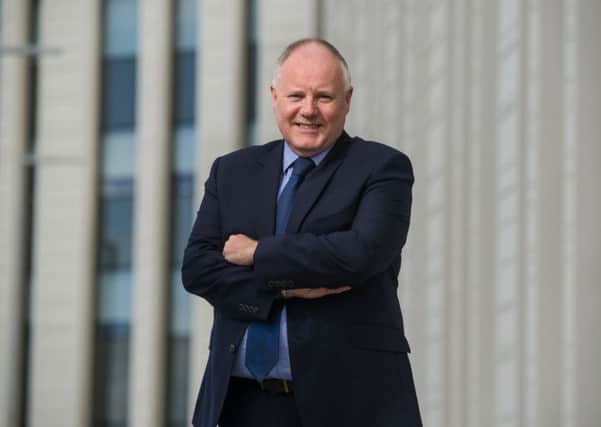Police set up national unit to study effects of '˜legal highs'


The project, which is being led by the Scottish Police Authority (SPA), is part of an effort to understand better new psychoactive substances (NPS).
It follows on from work begun last year to create a database to help doctors struggling to treat those turning up at A&E after taking unknown substances.
Advertisement
Hide AdAdvertisement
Hide AdPolice Scotland previously warned that the abuse of legal highs was “burdening already stretched resources” and causing a major public health risk.
But experts say the number of those taking the substances in Scotland appears to have decreased, with users returning to more traditional illegal drugs.
NPS, often referred to as legal highs, were previously sold in “head shops” alongside other drug paraphernalia and marketed as plant food or bath salts because they cannot be sold for human consumption.
But the UK-wide Psychoactive Substances Act, which was introduced last year, made it an offence to sell psychoactive substances.
Tom Nelson, director of forensic services at the SPA, said the new centre of excellence would draw together expertise from a number of different agencies.
He said: “It’s about sharing information from agencies which come across NPS in a more joined-up way, looking at long-term trends in new and emerging drugs.
“It’s about looking at new drugs and where they are coming in from so that we can develop an early warning system.”
Nelson said there had been a slight fall in the amount of NPS being analysed by forensic staff since the introduction of the new legislation.
Advertisement
Hide AdAdvertisement
Hide AdHe added: “To keep ahead of legislation changes, new drugs are being developed, with chemical structures being changed.
“We hear of people coming in to A&E and behaving in a very unusual way. It’s about trying to build research and evidence to see if there’s a correlation between the drug they have taken and the way they’re behaving.”
Katy MacLeod, of the Scottish Drugs Forum, said her own research had shown NPS were largely used by those already abusing other illegal substances. She said: “I don’t think the problem has gone away, but trends change and I think we’ve seen some trends change back to traditional drugs.”
She said the research carried out by SDF and Glasgow University had shown the vast majority of users mix NPS with more traditional substances.
“Our research shows 99 per cent used with other traditional drugs. The biggest population is people who already used other drugs and add these to the mix.
“There was some concern that there was this whole new population of people who would never have used drugs, but actually that didn’t seem to play out [in the research].”